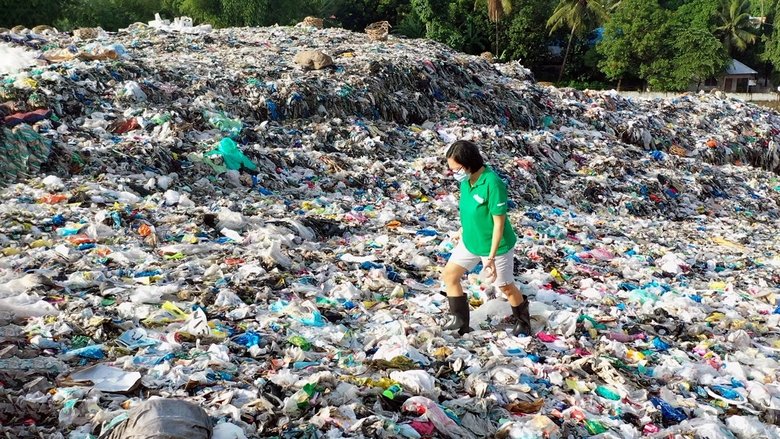Why Plastic: Coca Cola/American Plastic
Genres
Documentary
OverView
Whales beached after ingesting plastic, oceans soiled: a quarter of marine waste today comes from cans and plastic bottles. The drinks industry produces 470 billion single-use bottles each year, 25% of which come from Coca-Cola. Although the world's largest soft drink producer has set ambitious targets to prevent this environmental pollution, it has often failed to do so. In the 1950s, the company sold its drink exclusively in returnable glass bottles, which it washed and refilled. Two decades later, these were replaced by disposable bottles - a decision whose devastating effects still linger.
Others
Budget
$--
Revenue
$--
Status
Released
Original Language
English
Runtime
29 mins
Rating
8.2/10
Release Date
25 October 2021
Country
Germany


